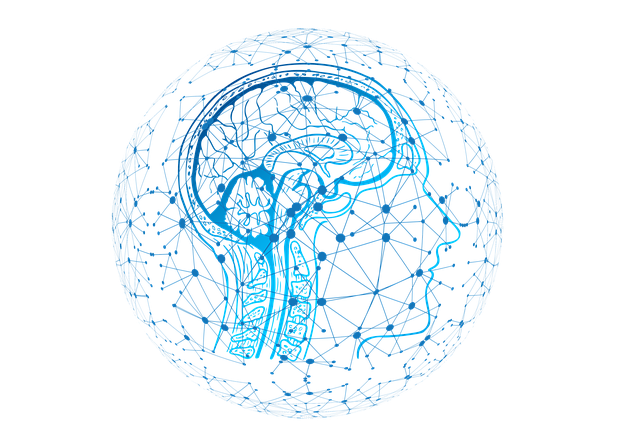
An article by Nils Klute, project manager for IoT at eco – Association of the Internet Industry.
Maintaining machines and healing people – AI makes it possible. But what is often missing in this country is the database to train intelligent algorithms. Whether it be for industrial services or a cancer diagnosis, a certain mathematical process should resolve the increasing demand for data exchange and data protection.
Europe has a problem with Big Data. In this country, industry and science are lacking the basic information that is necessary for training artificial intelligent (AI) algorithms. Algorithms like the ones that help doctors heal people. In January 2020, Ärzteblatt quoted German Health Minister Jens Spahn speaking at the DLD Conference: “If thousands of patients with diabetes, cancer or dementia made their data available, we could learn from them.”
Market leanings and the threat of data monopolies
The legitimate protection of personal data is hindering doctors in getting what they want. Here in Germany, health information especially is regarded as being extremely sensitive and therefore particularly worthy of protection. The situation is different in the USA and Asia. There, platforms such as Google, Amazon, and Alibaba collect and aggregate massive amounts of information on their users. The protection of personal data, such as that regulated by the General Data Protection Regulation (GDPR), is of secondary importance overseas. Consequently, markets are leaning towards large platform operators. According to a 2019 study by the German Economic Institute, data monopolies threaten to slow down competition and innovation.
Exchanging industry data and training algorithms
The situation in industry is no different. Anyone who wants to optimize delivery networks, maintenance services or manufacturing processes with AI needs a lot of data. The new EU digital strategy is designed to provide industry with the solution. The EU Commission presented its idea at the beginning of 2020: information should be easier to exchange via data pools in order to be able to train AI algorithms faster. At the same time, local companies should become more independent of large platforms. After all, “The more data we have, the smarter our algorithms will be,” EU Commission President Ursula von der Leyen told Tagesschau.de.
This is an idea that is by no means new to industry, as demonstrated by the Fraunhofer-Gesellschaft’s International Data Spaces initiative, which was launched as a research project in 2015. Additionally, according to a study by PricewaterhouseCoopers from 2017, 74 percent of all medium-sized and large companies in Germany already share data with customers, suppliers, and business partners. “With this development, however, the economy is facing a dilemma,” said Harald Kayser, Chief Digital Officer on pwc.de. “On the one hand, the exchange of data is essential if companies want to digitize their own business model and tap into new revenue sources such as smart services. On the other hand, no one wants to risk losing control over sensitive corporate data.”
Imprecise AI prognoses and unexploited value creation potentials
No matter whether it be a loss of control, manufacturer interests or confidentiality, whatever slows down industrial information flows eventually leaves behind untapped opportunities. For example, industry collects usage, maintenance, and quality data in different IT systems for local evaluation. However, data that records system statuses across several plants and different users is usually not included. This results in imprecise AI prognoses and unexploited value creation potentials. The solution to the dilemma could now be provided by an as-yet-unused method: Differential Privacy.
Using mathematics, Differential Privacy resolves the increasing demand for data exchange and data protection. This can work for machine and personal data alike, because the method allows Big Data collections to be specifically anonymized without losing statistical validity. Differential Privacy also groups and aggregates information and thus conceals individual characteristics relating to people, systems, and devices. If sensitive data remains secure in this way, information can be exchanged while protecting the interests of individuals and manufacturers.
As reported by Tagesspiegel.de, the first German project to investigate the possibilities of Differential Privacy was launched at the beginning of 2020. The Technical University of Munich is developing a software and investigating the technical, economic, and political effects of the method. The most important key requirement is that under no circumstances should it be possible to undo the anonymization.
Use AI to its fullest extent and benefit the economy Breaking down data silos, accelerating cancer therapies, protecting the interests of industry and society alike and advancing the development of AI applications in Germany and Europe; Differential Privacy can be the key to the solution. A current study by the eco Association shows that it’s worth it: if AI technologies are used across industries to their full extent, a total economic potential of around 488 billion Euros can be released for Germany alone.
Stay up to date with our newsletter about AI and the Project Service Meister.
